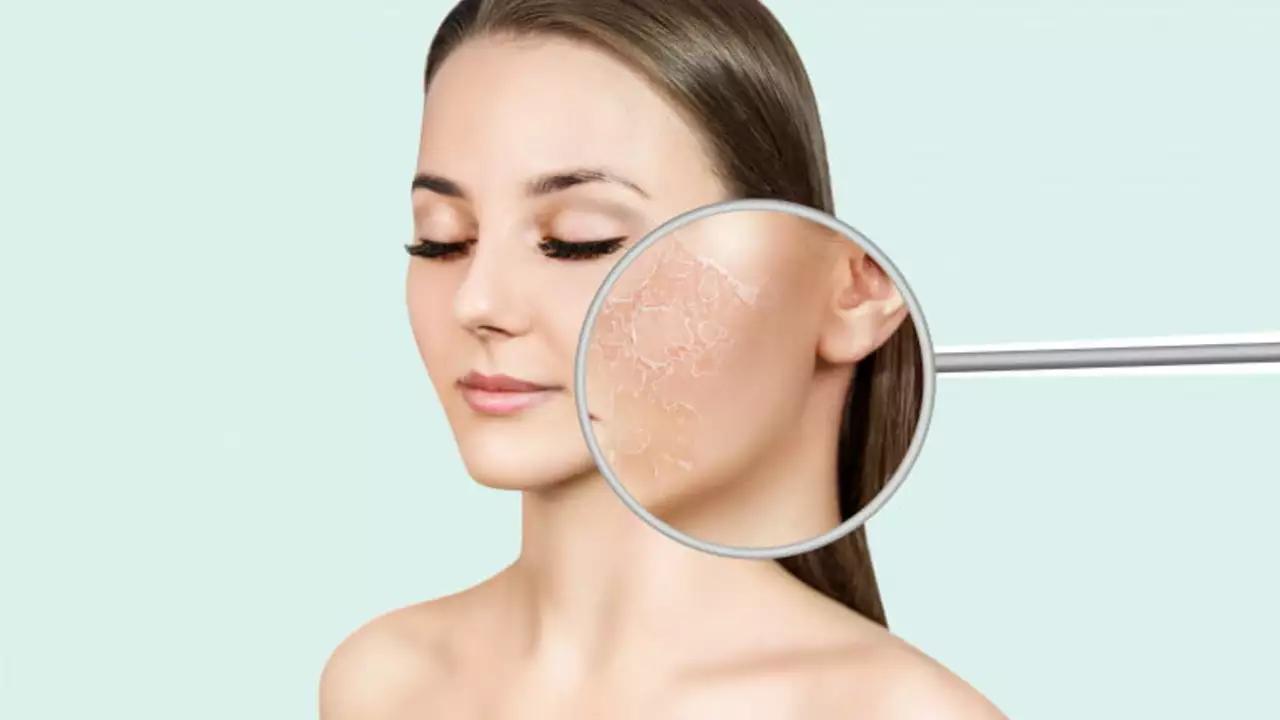
Understanding Fungal Skin Discoloration
Fungal skin discoloration, also known as Tinea Versicolor, is a common condition that affects many individuals. It is characterized by patches of skin that may be lighter or darker than the surrounding skin. The primary cause of this condition is the overgrowth of a type of yeast that naturally lives on our skin. The overgrowth can be triggered by various factors such as humidity, heat, oily skin, or a weakened immune system. Understanding the nature of this condition is the first step in providing support to a loved one affected by it. It's also important to know that it's not a dangerous condition, but it can cause distress due to the visible discoloration it causes.
Encouraging Medical Consultation
When supporting a loved one with fungal skin discoloration, it is crucial to encourage them to seek medical advice. Although the condition is not harmful, a professional diagnosis is necessary to rule out other skin conditions that may have similar symptoms. A healthcare provider can also provide appropriate treatment options which can include topical creams, lotions, or oral antifungal medications. It's also important to reassure your loved one that seeking medical help is a positive step towards managing their condition.
Helping with Treatment Adherence
Once a healthcare provider prescribes a treatment for fungal skin discoloration, it's important to support your loved one in sticking to the treatment regimen. This can involve reminding them to apply their medication regularly, helping them to understand the instructions given by the doctor, or even assisting them with application in hard-to-reach areas. It's crucial to remind your loved one that consistency is key in the treatment of fungal skin discoloration, and that it might take a while before the results become evident.
Promoting a Healthy Lifestyle
Living a healthy lifestyle can also help manage fungal skin discoloration. Encourage your loved one to maintain a balanced diet, exercise regularly, and get enough sleep. It's also important for them to avoid excessive sweating and wear loose, breathable clothing to reduce the chance of yeast overgrowth. Additionally, make sure they understand the importance of good skincare routines, including regular bathing and thorough drying of the skin to keep it clean and dry.
Providing Emotional Support
Dealing with any skin condition can be emotionally challenging. People with fungal skin discoloration may feel self-conscious about their appearance, which can lead to feelings of embarrassment or low self-esteem. As a supporter, it's important to provide emotional support. Let your loved one know that they are not alone and that their value is not defined by their appearance. Encourage them to express their feelings and assure them that it's okay to seek professional help if they are struggling emotionally.
Creating Awareness and Advocacy
Lastly, helping to create awareness about fungal skin discoloration can be a great way to support your loved one. This could involve sharing accurate information about the condition with friends and family members to dispel any misconceptions. You can also advocate for your loved one if they are being stigmatized or discriminated against because of their condition. Remember, your understanding and support can make a significant difference in your loved one's journey with fungal skin discoloration.

Happens to me every summer. Just use ketoconazole shampoo as a body wash. Works like magic.
People really don't take care of their hygiene anymore. This isn't a medical issue, it's a cleanliness issue. Wash more.
Tinea versicolor is caused by Malassezia furfur overgrowth due to sebum-rich environments and thermoregulatory stress. Topical azoles disrupt ergosterol synthesis in fungal membranes. Oral itraconazole has better bioavailability for refractory cases. Hydration and dermal pH balance are critical for recurrence prevention.
You got this!! Don't let a little discoloration define you!! I've been there and the cream worked!! Just keep going!!
This is just another Big Pharma scam. They want you to buy expensive creams while the real cause is your tap water or GMO food.
I had this for years and it was so hard emotionally. I didn't know it was common until I talked to my dermatologist. You're not alone. Just keep going
Anyone with this condition clearly has a weak immune system. Probably eats junk food and doesn't sleep. No wonder.
I knew someone who had this and they got so depressed they stopped leaving the house. I cried for weeks. You have to fight this. Don't let it win.
It's funny how we attach so much meaning to skin. It's just tissue. The real you is underneath. But I get it. It's hard.
I use tea tree oil diluted in coconut oil every night. Been 6 months and no return. Worth a shot. You got this!
God doesn't want you to be ashamed of your body. Pray and trust Him. This will pass.
I had this last year. Used selenium sulfide 2.5% wash twice a week. Took 3 weeks to fade. Totally worth it. Also avoid synthetic fabrics.
I suppose the average person wouldn't know the difference between tinea versicolor and vitiligo. But then again, most people don't bother to educate themselves.
America's hygiene standards are collapsing. This is what happens when you let immigrants bring their tropical fungi over. We need border control for skin too.
Oh wow. A whole article about how to help someone with a mild fungal rash. Next up: How to support your loved one who has a paper cut.
In my culture we use neem leaves boiled in water and sponge the skin. Works better than any cream. Also helps with stress. Nature knows best.
You're doing great. Just take it one day at a time. Apply the cream. Drink water. Breathe. You're not alone. I believe in you.
The pathophysiological mechanism underlying Tinea Versicolor is not fully elucidated. However, recent genomic studies suggest epigenetic modulation of Malassezia spp. may be influenced by ambient humidity and host lipid profiles. Further peer-reviewed longitudinal analysis is required before any clinical recommendation can be substantiated with statistical significance.